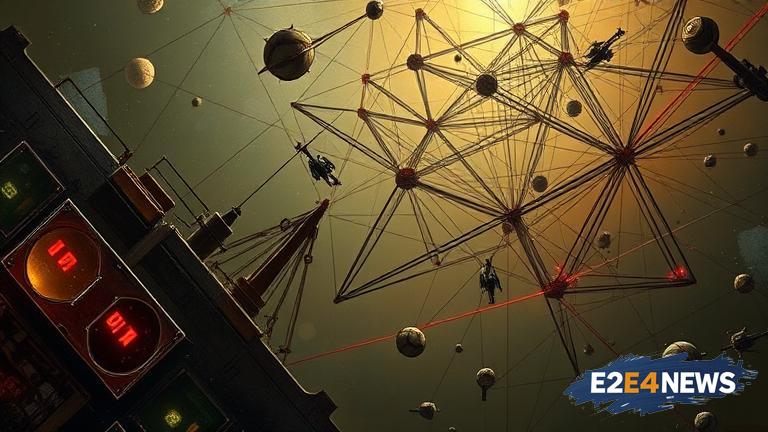The Ritsona smuggling network, a sophisticated and intricate operation, has been uncovered, shedding light on the dark underbelly of human trafficking and organized crime. The network, which originated in Iraq, has been linked to the Turkish mafia, a notorious and powerful criminal organization. The investigation, which spanned several months, revealed a complex web of safe houses, corrupt officials, and smugglers who worked tirelessly to evade detection. The network’s primary objective was to smuggle migrants and refugees from Iraq and other Middle Eastern countries into Europe, often using dangerous and inhumane methods. The smugglers would often use fake documents, bribes, and coercion to facilitate the journey, putting the lives of countless individuals at risk. The Turkish mafia, known for their ruthless tactics and extensive reach, played a significant role in the network, providing financial and logistical support. The safe houses, scattered throughout Greece and Turkey, served as temporary shelters for the migrants, who were often subjected to physical and emotional abuse. The investigation, led by Greek authorities, involved extensive surveillance, wiretaps, and undercover operations. The breakthrough came when a key suspect, an Iraqi national, was arrested and agreed to cooperate with the authorities. The suspect provided crucial information about the network’s inner workings, including the identities of key players and the locations of safe houses. As the investigation continued, more suspects were arrested, and the network began to unravel. The authorities seized large sums of cash, fake documents, and other evidence, further solidifying the case against the smugglers. The Ritsona smuggling network is just one example of the many organized crime groups that operate in the region, preying on vulnerable individuals and exploiting the migrant crisis. The case highlights the need for increased cooperation and coordination between law enforcement agencies across borders. The Greek government has vowed to crack down on human trafficking and smuggling, and the investigation serves as a significant step in the right direction. However, the problem persists, and more needs to be done to address the root causes of migration and to protect those who are most vulnerable. The international community must come together to share intelligence, best practices, and resources to combat these complex and evolving threats. The Ritsona smuggling network may have been dismantled, but the fight against human trafficking and organized crime is far from over. The investigation has also raised questions about the role of corruption and complicity in facilitating these crimes. As the authorities continue to investigate and prosecute those involved, it is essential to address the systemic issues that allow these networks to thrive. The case serves as a reminder of the importance of transparency, accountability, and cooperation in the fight against organized crime. The Ritsona smuggling network is a stark reminder of the dangers and complexities of human trafficking, and the need for a comprehensive and multifaceted approach to address this issue. The investigation has sent a strong message to those involved in these crimes that they will be held accountable, and that the authorities will not tolerate these activities. The Greek authorities have demonstrated their commitment to combating human trafficking and smuggling, and their efforts should be commended. However, more needs to be done to support the victims of these crimes and to prevent others from falling prey to these networks. The international community must work together to create a safer, more just, and more equitable world, where the rights and dignity of all individuals are respected and protected.
